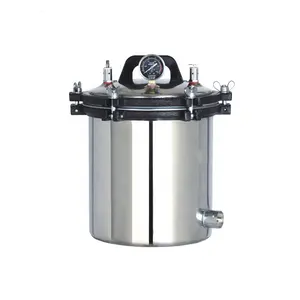Popular in your industry
































Top categories
About antiparasitic veterinary drugs
Understanding Antiparasitic Veterinary Drugs
Antiparasitic veterinary drugs are essential in the field of animal health, targeting a range of parasitic infections that can afflict livestock, pets, and other animals. These pharmaceuticals are formulated to prevent or eliminate parasites that can cause a variety of health issues, ranging from mild discomfort to serious diseases.
Types and Applications
There are several types of antiparasitic veterinary drugs, each designed to combat specific parasites. These include endoparasiticides for internal parasites like worms, and ectoparasiticides for external parasites such as ticks and fleas. The applications of these drugs are vast, covering both prophylactic and therapeutic uses in veterinary medicine.
Active Ingredients and Formulations
The active ingredients in antiparasitic veterinary medications vary, with some targeting a broad spectrum of parasites, while others are more specialized. Formulations can come in injectables, oral tablets, powders, and topical solutions, each suited to different species and the nature of the parasitic infection.
Features and Advantages
The features of antiparasitic veterinary treatments include their mode of action, such as neurotoxicity to parasites, and their delivery method, ensuring ease of use and compliance. The advantages are clear, with these drugs playing a crucial role in maintaining animal health, improving welfare, and in the case of livestock, contributing to the safety of the food supply.
Considerations for Use
When selecting antiparasitic veterinary products, it's important to consider the specific parasite, the animal's species and health status, and the potential for resistance. It's also crucial to follow veterinary guidance to ensure the correct dosage and minimize the risk of side effects.
Environmental Impact and Sustainability
The use of antiparasitic drugs in veterinary medicine also comes with a responsibility to consider environmental impact. Sustainable practices in the use of these drugs are important to prevent contamination of ecosystems and ensure the long-term effectiveness of antiparasitic treatments.

















